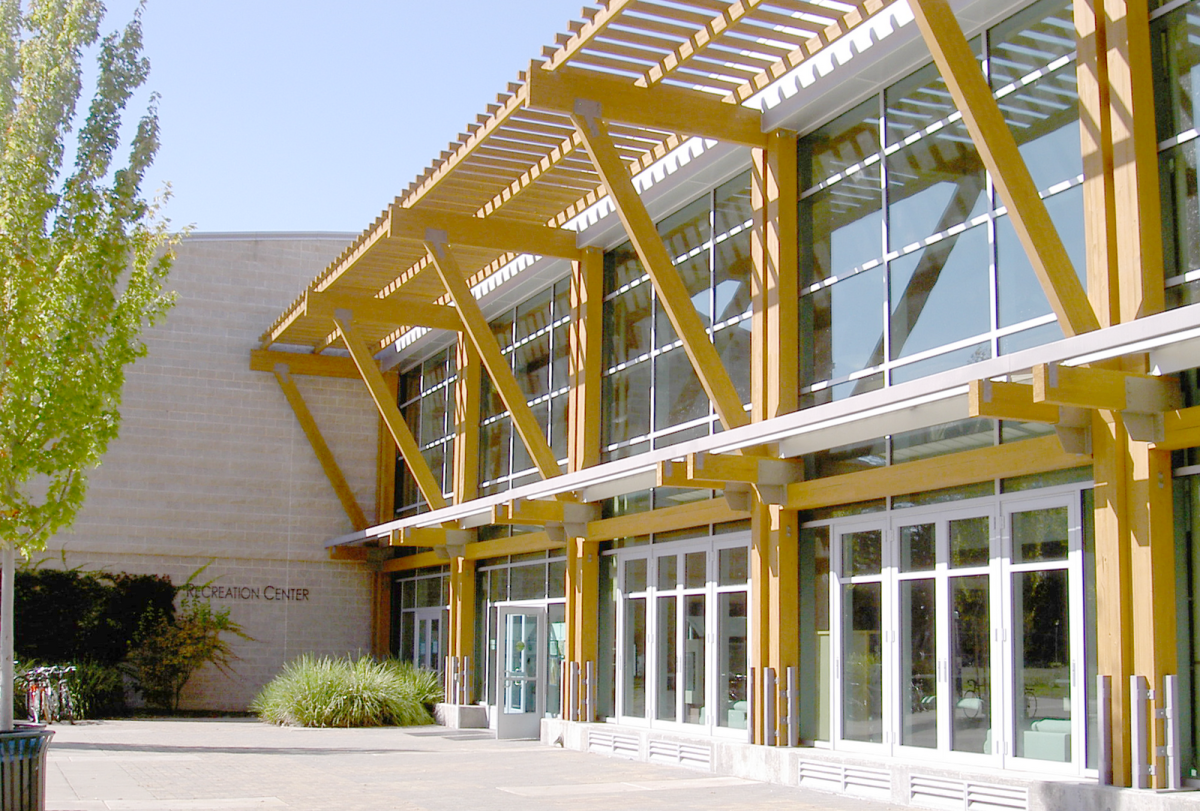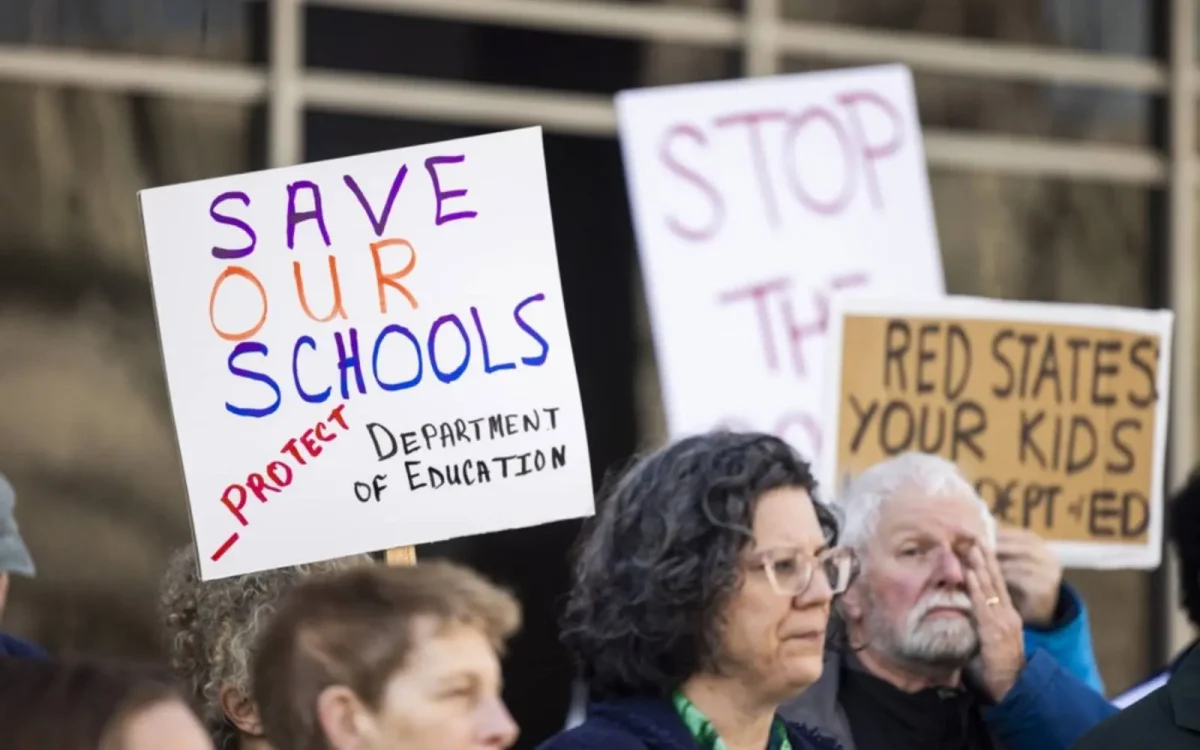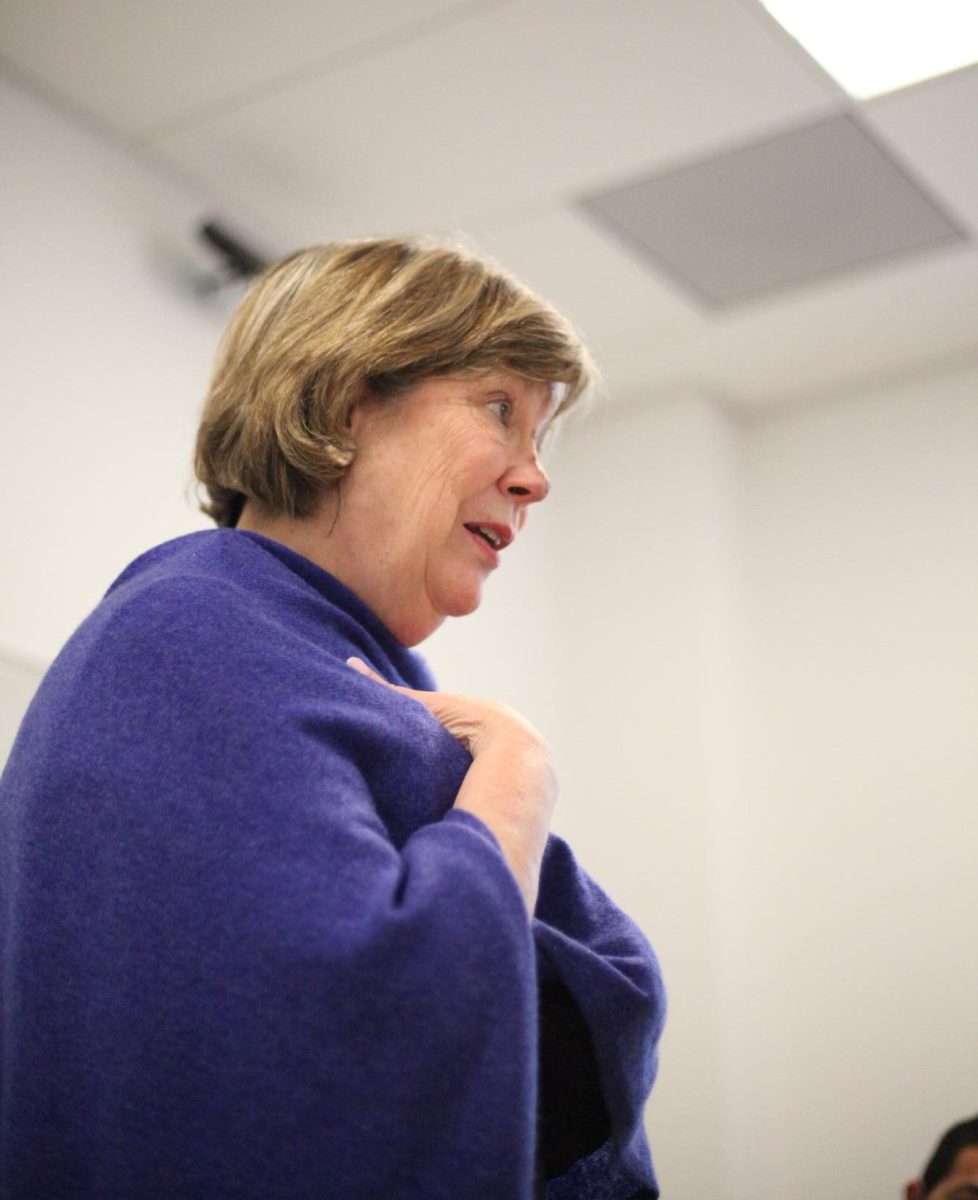Family plays an insurmountable role in everyone’s life. From being a child to becoming an adult we are surrounded by our family, which influences our behavior, but more importantly gives us new experiences everyday to learn from. My definition of family is anyone you care about enough to do anything for.
Other than bloodline isn’t that what family is all about? This could be your friend you consider a brother or sister, your dog or cat that is always there for you or anyone else for that matter.
I always wanted a biological brother; someone to have more things in common than my two sisters and I. Fortunately enough, growing up I realized I have about 10 “brothers” I would do anything for. My friends were not only people to have a good time with, but were people that challenged me to become a better person.
“Adolescents’ social relationships with their peers can develop constructive interpersonal skills, autonomy, positive mental health, self-confidence, and satisfaction with social support,” said Doctor Elizabeth Hair. “In addition, interacting with friends helps teens learn to make joint decisions, express empathy, and deepen their perspectives.”
My “brothers” are some of the most important people in my life because they are people I can go to a baseball game and get rowdy with (preferably the Oakland Athletics), play a game of pick-up basketball at the park and wrestle with or without the intention of hurting each other (preferably World Wrestling Entertainment style). I have shared some of the best times of my life with my friends and some of the worst, but at the end of the day we all know we have each others’ back, which makes our bond unbreakable.
“It takes a good friend to have a good friend,” said my friend Jimmy Rhoades. “A friendship can’t be all give or all take. It has to be a little bit of give and a little bit of take.”
Before you can become a “good friend” it is important to have healthy relationships with your blood family such as parents, siblings, grandparents or cousins.
“As expected, teens’ relationships with their parents are strongly associated with teens’ healthy social development,” said Hair. “In addition, good parent-child relationships appear to influence the development of other social relationships, such as relationships with friends and romantic partners and also affect adolescents’ psychological and psychosocial development.”
I believe good parent-child relationships influence the development of other social relationships because my parents always made sure I respected one another, which helped me develop new relationships in the classroom, on the sports team and in the neighborhood. I believe respect is one of the most important traits to have or give when it comes to meeting a person and building a relationship. It shows that you are considerate, kind, intelligent and mature.
Family is the most important thing in the world. They are there for support, help and plenty of other life challenges. The more family you have the better, so be sure to treat people the way you want to be treated then maybe one day you can call them “family.”



































